Featured
Does Breathing Cold Air Cause Pneumonia
There are many possible ways to get pneumonia. It was also shown that inhalation of cold air causes vasodilation and thus increasing blood flow to the central airways in contrast to vasoconstriction in the intraparenchymal area.
When you breathe in cold air it can irritate your airways causing their muscles to constrict Purvi Parikh MD an allergistimmunologist with Allergy Asthma Network and NYU Langone Health.

Does breathing cold air cause pneumonia. Michael Scharf inhaling cold air may cause bronchial irritation and cough. Some people find that breathing cold air hurts their lungs in the winter months. If you are on antibiotics for that period of time and you do not have a colored yellow dark green sputum it is less likely that you are still infective and people around are not at risk of catching infecting from you.
Many viruses can cause the common cold. Young children older adults and people with. The air you breathe during freezing temperatures lacks humidity to lubricate the bronchial tubes.
Over the last fifteen years or so the prevailing medical opinion has shifted to a different point of view. The nose helps protect the lungs by adding moisture and increasing temperature to inhaled air. Earlier medical traditions have tended to agree with folk wisdom.
According to pulmonologist Dr. The more recent thinking is that cold air does not cause colds bronchitis pneumonia or other respiratory infections. Moreover breathing very cold air at very high ventilation levels can led to acute pulmonary oedema or to frozen lungs.
Unfortunately thats where the similarities end. The lungs are made up of small sacs called alveoli which fill with air when a healthy person breathes. Bacterial pneumonia causes the alveoli of the lungs to become inflamed and fill with fluid.
Cold weather or cold air to be specific could be harmful to the lungs and the health in general. However pneumonia can develop as a secondary bacterial infection after the flu or a cold. You can also get it from inhaling foreign matter into the lungs.
You can get a cough and chills from being out in the cold but that doesnt necessarily mean your sick. Bacterial infections are the most common cause of pneumonia in adults. When a person is exposed to cold temperatures the tissue lining.
During or after a viral upper respiratory infection such as a cold or the flu. Breathing dry air also can cause dehydration since body fluids are depleted during respiration. Breathing large amounts of food gastric juices or vomit into the lungs aspiration pneumonia.
The body uses a few different means to protect itself from cold air the first lines of defense being the nose mucus system and lungs. Breathing certain bacteria from your nose and throat into your lungs. Breathing difficulties occur as your airways tighten.
Avoiding cold moist air specially sudden changes in the temperature of the surrounding environment closed places smoking etc is an important measure. Its not this easy for everyone especially those who have asthma cold-induced asthma chronic obstructive pulmonary disease COPD or other recurrent respiratory issues like bronchitis pneumonia or sinusitis. Pneumonia is spread through coughs sneezes and touch or by breathing germy air.
Breathing cold air through either the nose or the mouth causes your airways to constrict. When an individual has pneumonia the alveoli are filled with pus and fluid which makes breathing painful and limits oxygen intake. Pneumonia ear infections and bronchitis can all result from flu or cold.
The confusion exists because at its start pneumonia symptoms can be similar to those of a cold including cough fever and shortness of breath. While it could be said that cold weather does not directly bring about pneumonia it could predispose one to pneumonia. Pneumonia is caused by either a bacteria or a virus.
Breathing dry air can cause respiratory ailments such as asthma bronchitis sinusitis and nosebleeds. Breathing cold air can worsen respiratory issues For most people dry skin and dry airways are easily solved with moisturizer and some hot tea or throat lozenges. Left untreated most colds will run their course as the bodys immune system naturally restores health.
Pneumonia is the single largest infectious cause of death in children worldwide. Breathing in cold and dry air causes the blood vessels in the upper respiratory tract to. If you have asthma or chronic obstructive pulmonary disease COPD the cold air may induce bronchial tightening or constriction leading to cough wheeze and shortness of breath.
Breathing infected air particles into your lungs. Such as bronchitis and pneumonia. Yes a cold weather could make one vulnerable to pneumonia.
Prolonged exposure to cold air can present a serious threat to the bodys vital organs and systems.
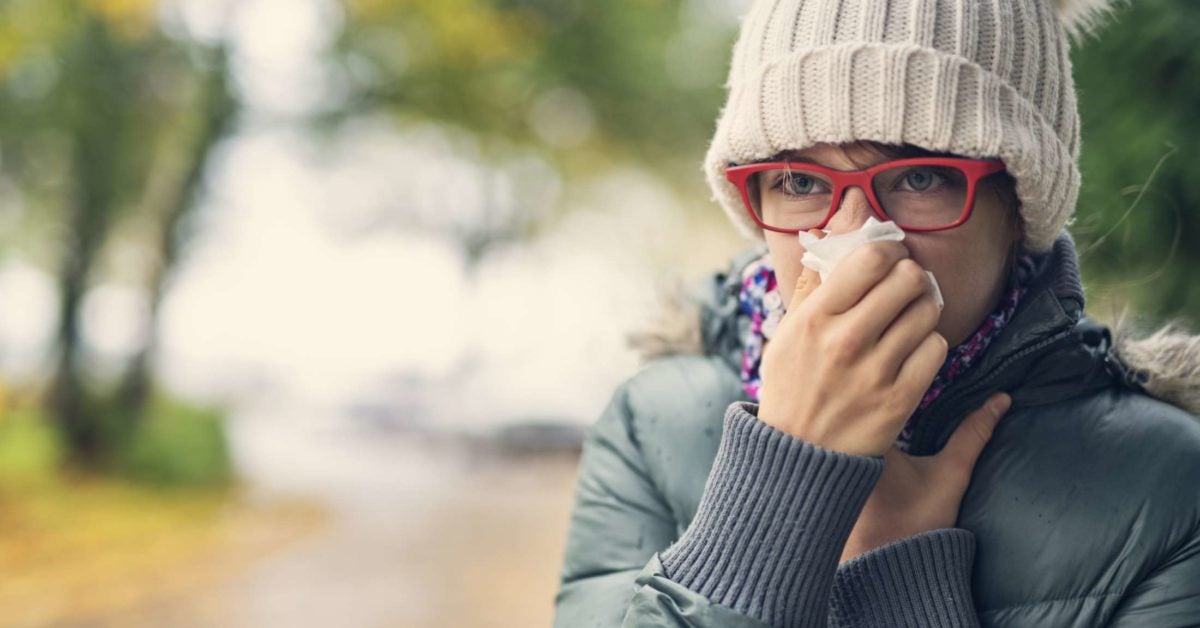 Does Cold Weather Make You Sick What S The Link
Does Cold Weather Make You Sick What S The Link
Pneumonia Symptoms Treatment Causes Prevention
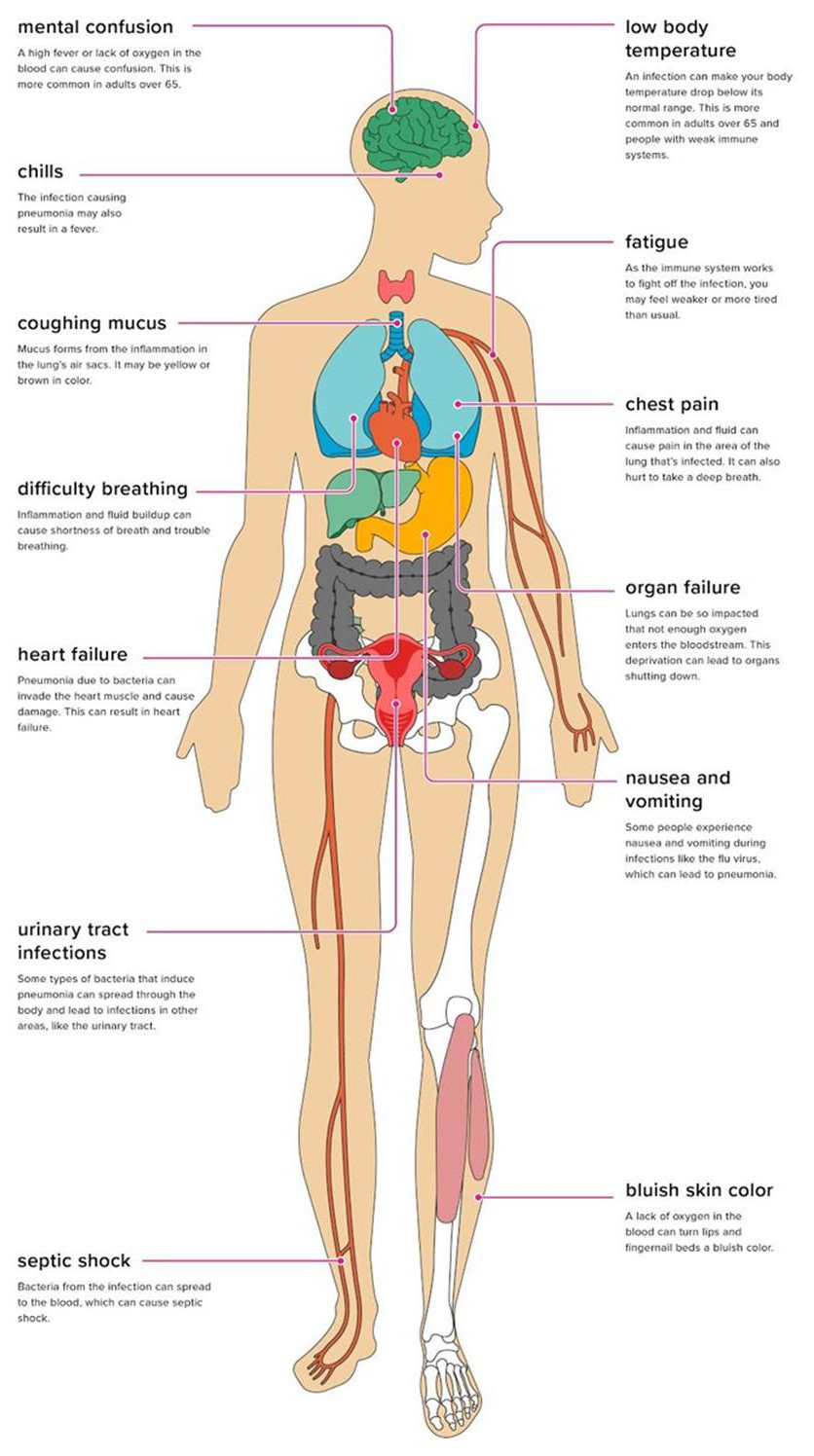 The Effects Of Pneumonia On The Body
The Effects Of Pneumonia On The Body
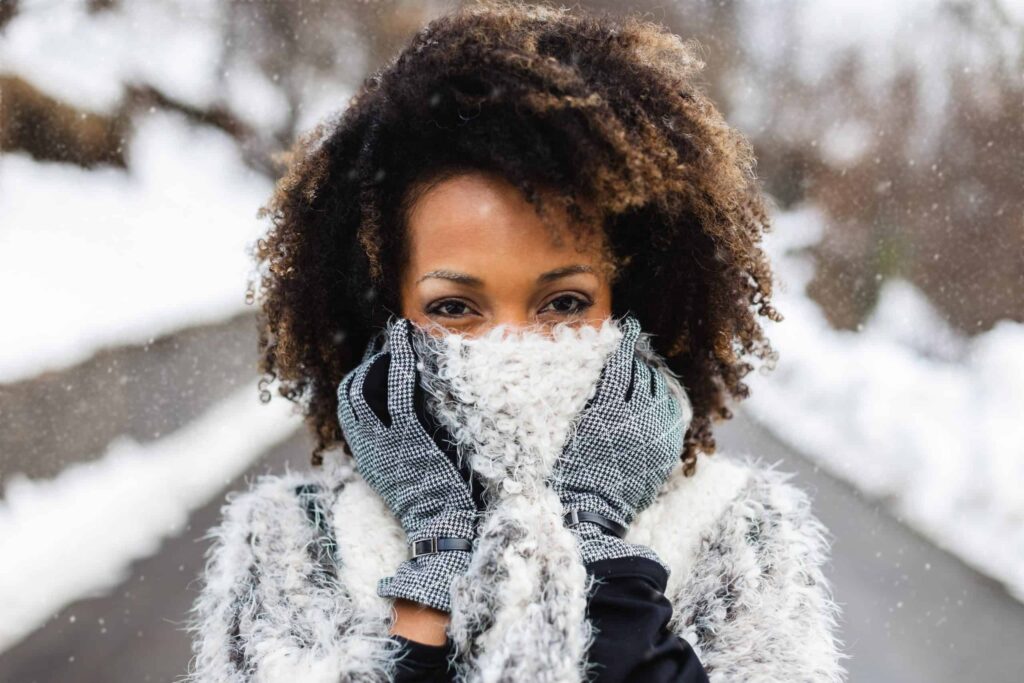 Can Cold Weather Cause Pneumonia Public Health
Can Cold Weather Cause Pneumonia Public Health
 Pneumonia Symptoms And Causes Everyday Health
Pneumonia Symptoms And Causes Everyday Health
 What S The Difference Between Walking Pneumonia And Regular Pneumonia Health Essentials From Cleveland Clinic
What S The Difference Between Walking Pneumonia And Regular Pneumonia Health Essentials From Cleveland Clinic
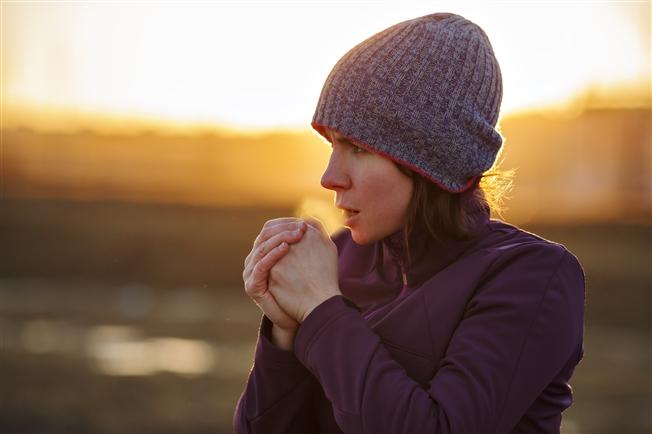 Blog Why Breathing Cold Air Can Hurt Your Lungs Main Line Health
Blog Why Breathing Cold Air Can Hurt Your Lungs Main Line Health

 What Is Pneumonia British Lung Foundation
What Is Pneumonia British Lung Foundation
 What Is Pneumonia British Lung Foundation
What Is Pneumonia British Lung Foundation
 Pneumonia What You Need To Know University Health News
Pneumonia What You Need To Know University Health News
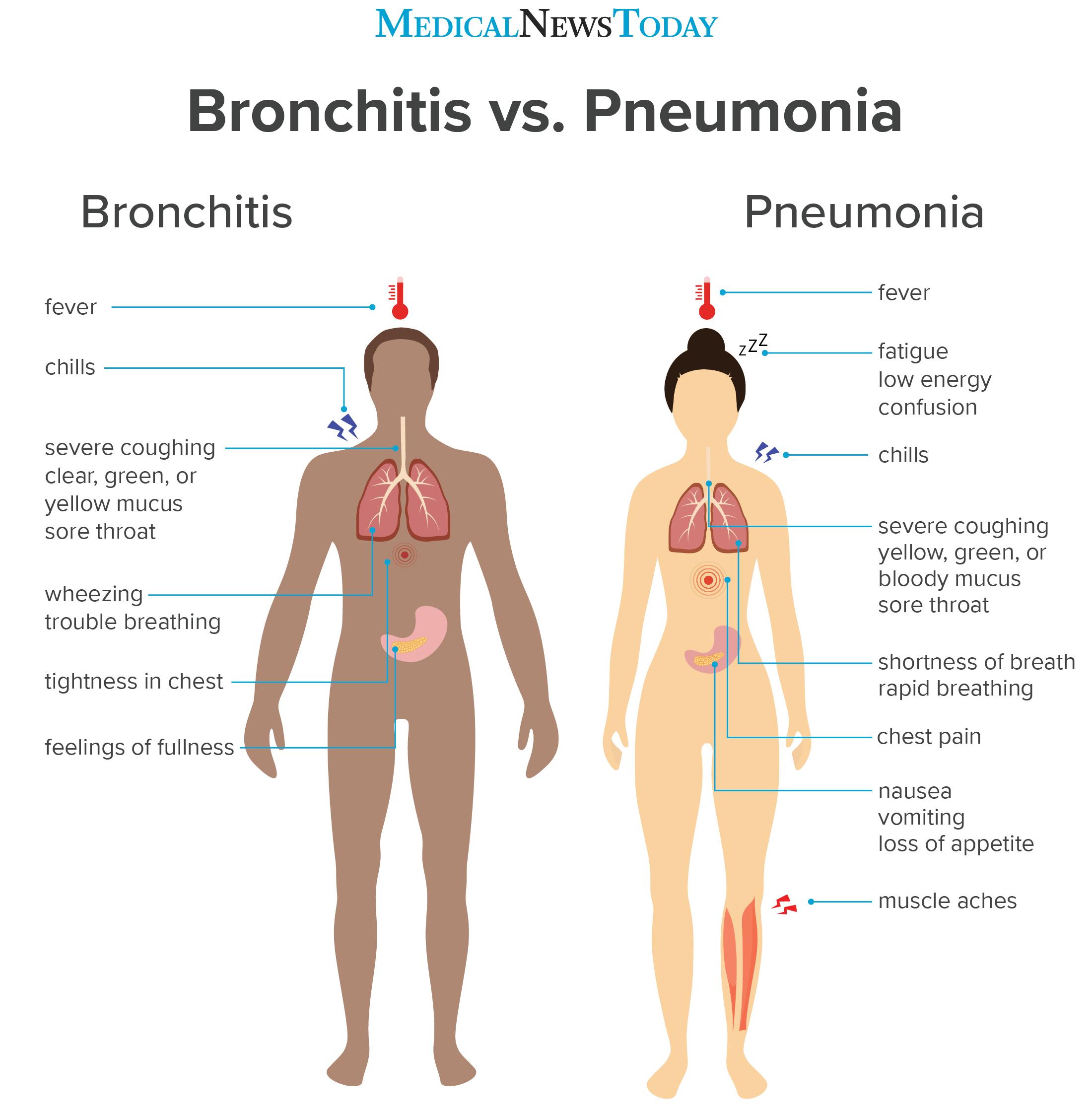 Bronchitis Vs Pneumonia How To Tell
Bronchitis Vs Pneumonia How To Tell
 Community Acquired Pneumonia In Adults Medlineplus Medical Encyclopedia
Community Acquired Pneumonia In Adults Medlineplus Medical Encyclopedia
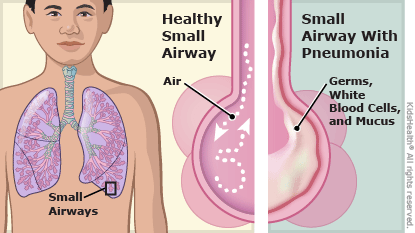
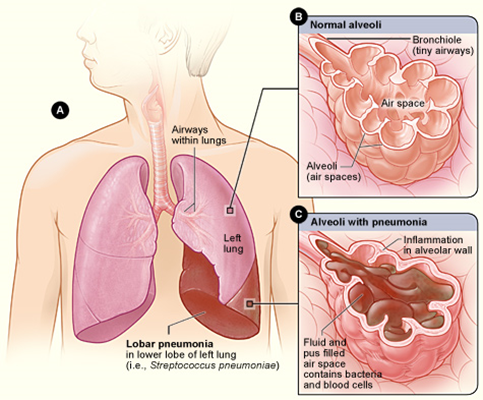
Comments
Post a Comment